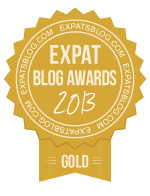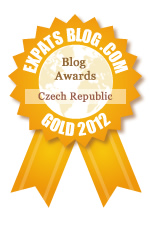 Oceania
Oceania is the geopolitical area covering
Australia and the Pacific Island areas of Micronesia, Melanesia, and Polynesia.
Micronesia is made of the Federated States of Micronesia, Palau, Kiribati, Marshall Islands, Nauru, and the U.S. territories of Northern Mariana Islands, Guam, and Wake Island (also claimed by the Marshall Islands).

Melanesia consists of Vanuatu, Solomon Islands, Fiji, Papua New Guinea, and New Caledonia (which is a special collectivity of France).
Polynesia consists of more than 1,000 islands in the Pacific Ocean. It includes Samoa, Tonga, Tuvalu, and
New Zealand. There's Tokelau, an overseas dependency of New Zealand. Cook Islands and Niue are both self-governing states in free association with New Zealand. Norfolk Island is an Australian External Territory.
France has the collectivities of Wallis and Futuna, and French Polynesia. There's Easter Island which is a special territory of Chile. The
UK has the British Overseas Territory of the Pitcairn Islands. The USA has Hawaii and the territory of American Samoa.
All of these are considered to part of the continent of Australia. Which is not the same as being a part of Australia - the country.

When I went to school,
oh so many years ago, I learned that there are seven continents. North America, South America, Europe, Asia,
Africa, Antartica, and Australia. Australia is the smallest continent and largest island, but I don't remember ever learning that Micronesia, Melanesia, and Polynesia were part of the Australian continent.
I've heard from some that Australia is a country, not a continent, and that Australia is part of the continent Oceania. But still, there are seven continents.
Though some countries teach that there are six continents. In Russia and some parts of Eastern Europe there are only six because Europe and Asia are considered "Eurasia". In France, Italy, Spain, Portugal and Greece there are only six continents because they group North America and South America as just "America".

The Olympic Charter says that there are five continents because Antartica isn't populated and North America and South America are grouped as "America".
Update: In 2017, some geologists have stated that Zealandia, the New Zealand continent, fulfils all of the requirements to be considered a continent. It broke away from Australia some 60-85 million years ago and 93% of it is submerged beneath the Pacific Ocean.
 Czechland has just approved a week of paternity leave to allow fathers to spend time with newborn children. Dad won't have to take vacation days or unpaid leave. The one-week leave is to be taken within the first six weeks of birth. If the father has health insurance then he will receive 70% of his base salary.
Czechland has just approved a week of paternity leave to allow fathers to spend time with newborn children. Dad won't have to take vacation days or unpaid leave. The one-week leave is to be taken within the first six weeks of birth. If the father has health insurance then he will receive 70% of his base salary.












































































